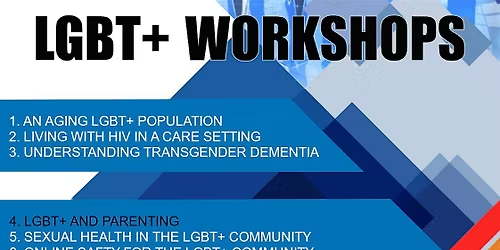
About this Event
Abstract:
Everybody knows that thin beds are the ‘problem child’ of Petrophysics. We have to ‘do something’ about thin beds, because if we don’t, they are going to mislead us and then we are potentially going to miss out on a whole bunch of pay. So, we all ‘do something’, and there are all sorts of things that we do, from changing our interpretation workflows, for example using Thomas-Stieber, to running some more/other logs, for example image logs, tensor resistivity or dielectric logs. But do we really need to ‘do something’, and does the naughty step really fix the problem? Could it be that the ‘problem child’ has just been misunderstood all these years, and that we are just not listening to them?
BIO: Paul Spooner has nearly 40 years industry experience with a comprehensive background in all logging operations courtesy of 10 years as a wireline field engineer. This was followed by 10 years in a geoscience centre, which Paul managed for the latter 6 years, gaining experience in all log analysis and interpretation techniques, but specialising in NMR. 19 years ago, Paul joined PGL, now Geoactive, as a consultant and worked on many complex, multi-well, volumetric interpretations, integrated field studies, and prospect evaluations from across the world. Paul then moved into the software team where he has been IP Product Champion for 15 years, providing global support and training while also helping with the software development. Paul has also presented at many SPWLA local chapter meetings and authored several papers on petrophysics.
Event Venue & Nearby Stays
BrewDog Aberdeen Castlegate, 5-9 Union Street, Aberdeen, United Kingdom
GBP 0.00












